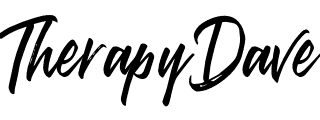If you’re feeling like your life is spinning out of control, it’s time to take charge. But not in the way you think. In fact, before you actually make any changes, you need to begin with being brutally honest with yourself. I don’t mean paying attention to all of the lies you tell yourself about your self-worth or your limitations. Instead, you have to know what you’re feeling, without spinning out of control in a panic. Trust me – this will feel worse before it gets better. But in the end, you’ll gain the critical skill of self-awareness that will ultimately change everything in your entire approach to life.
Being self-aware basically means knowing what you’re feeling. Sounds simple, right? It’s anything but. People can practice this for years before feeling like they’ve mastered self-awareness. Part of the reason it takes so long is because we don’t know how to actually describe what we’re feeling. The other reason self-awareness is so difficult is that we start obsessing over what we should or should not be feeling, all with a heaping layer of guilt and shame mixed in. In fact, we’re so convinced that this is the right way that we actually feel like we’re being irresponsible if we’re not disappointed in ourselves.
This approach basically sucks. Guilt and shame look like good motivators, but have you ever noticed that they rarely ever help you make permanent, genuine change? In fact, all they do is act like velcro and stick to you, so that even if you do change, you still feel bad.
There’s a better approach. Take stock of what you are feeling several times throughout the day without judgment. It’s critical to do this without judgment. If you notice feeling sad or irritated, there’s a temptation to roll your eyes and yell out, “What’s wrong with me?!” But this means you haven’t really noticed anything meaningful at all. In fact, you’ve completely ignored what your emotions are trying to tell you.
